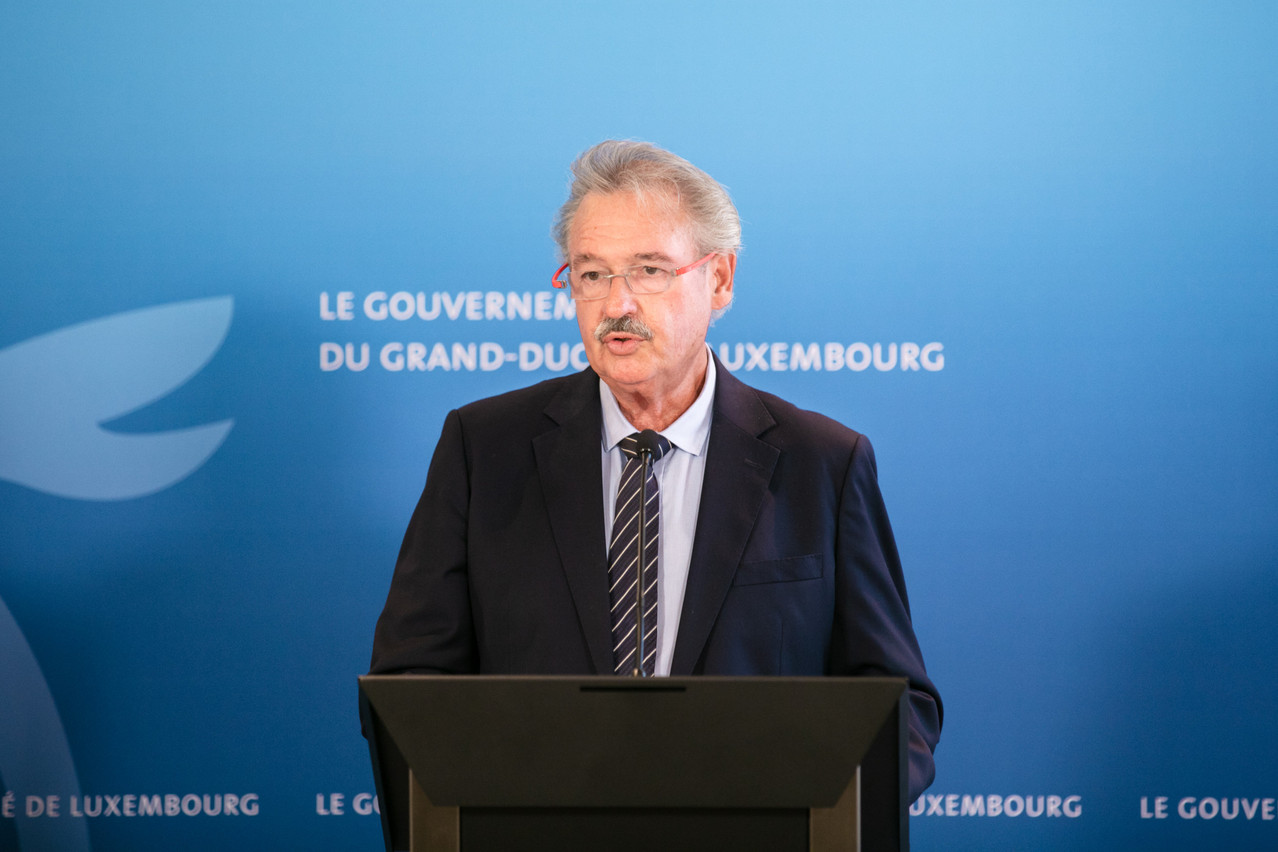Between 10 March and 5 July 2022, 4,195 persons were granted temporary protection status of which 4,054 were Ukrainian and 141 were third country nationals. The majority of registered refugees were women (2,107) and children (1,496). Since the start of the war in Ukraine on 24 February, 2,813 people coming from Ukraine have been accommodated by Luxembourg’s national welcome office (ONA). According to figures from the Red Cross, 2,607 refugees are currently living with foster families.
The ministry of education indicated that at the moment a total of 1,290 refuge children are integrated in Luxembourg's education system.
Work is underway to transform the former building of the Luxemburger Wort and another facility in Weilerbach is to be reopened in order to increase housing capacity. By the end of the year up to 600 beds are expected to be installed in the the former building of the Court of Justice of the European Union known as the T Building. However, material shortages are slowing down the process.
The number of applicants for international protection, mostly from Syria, Eritrea and Afghanistan, has reached pre-pandemic level.
People who were living in Ukraine on 24 February are eligible to receive a certificate of temporary protection in Luxembourg. Adults can register at Luxembourg’s job agency Adem with 571 refugees already having done so.
In March the European Union voted in a temporary protection directive, Through this, refugees can be granted a residence permit, as well as access to education and the labour market. The grand duchy, which is applying the directive, does not request a work permit from Ukrainian residents, effectively giving them direct access to the national job market.
